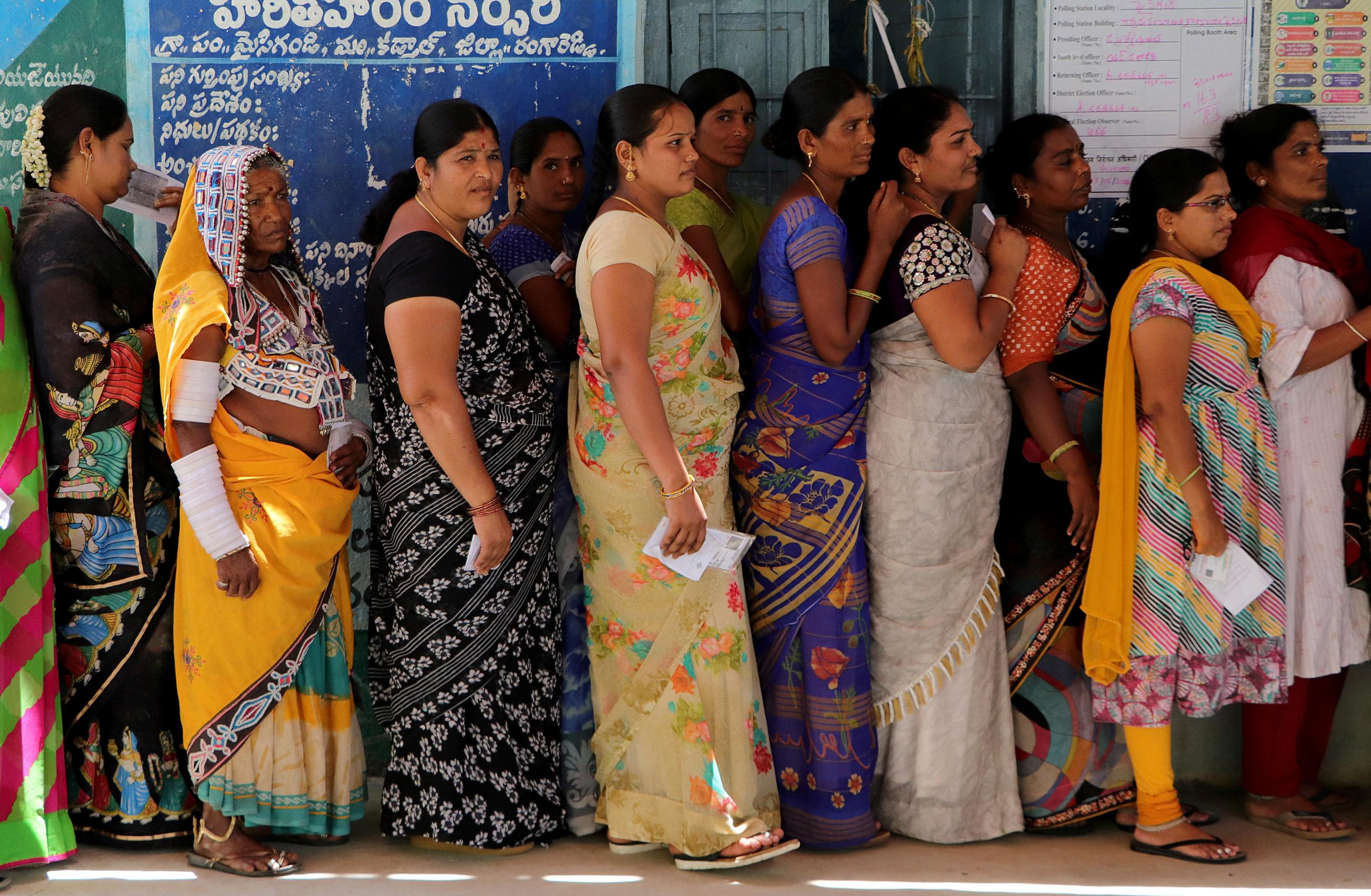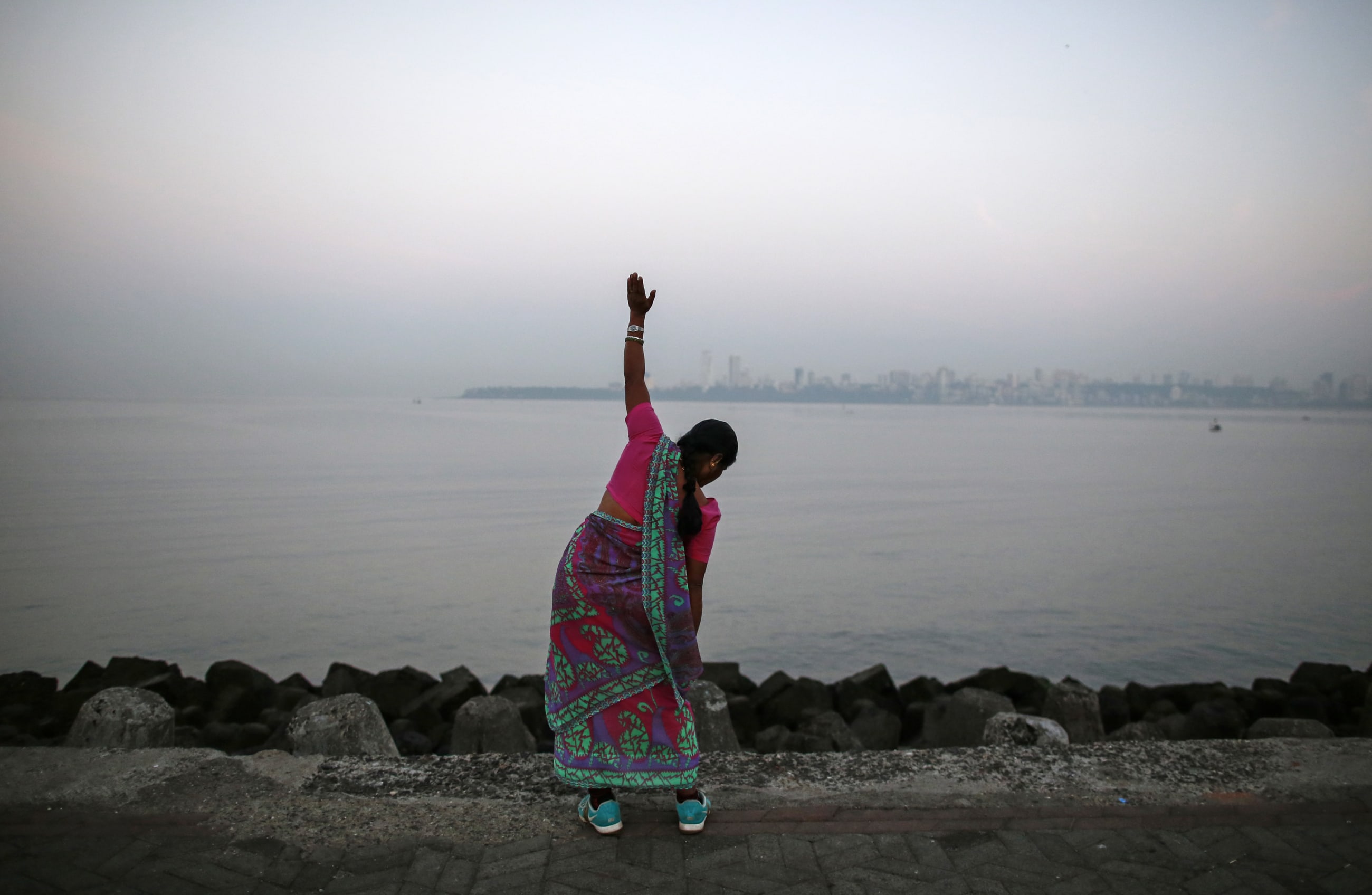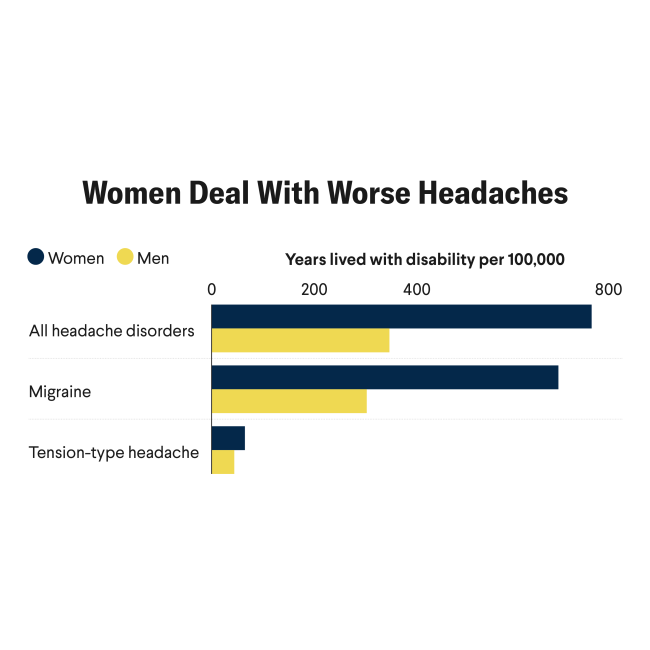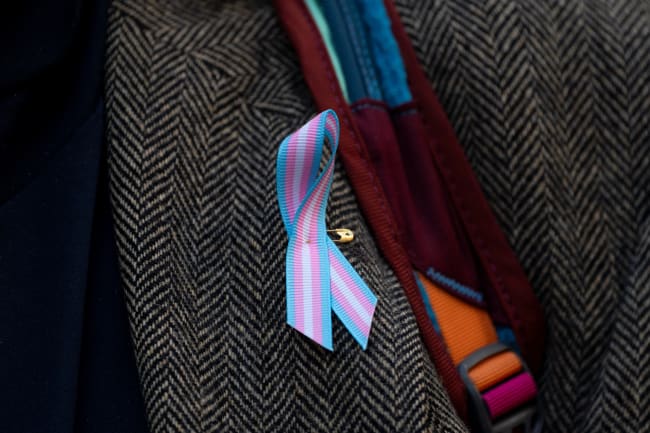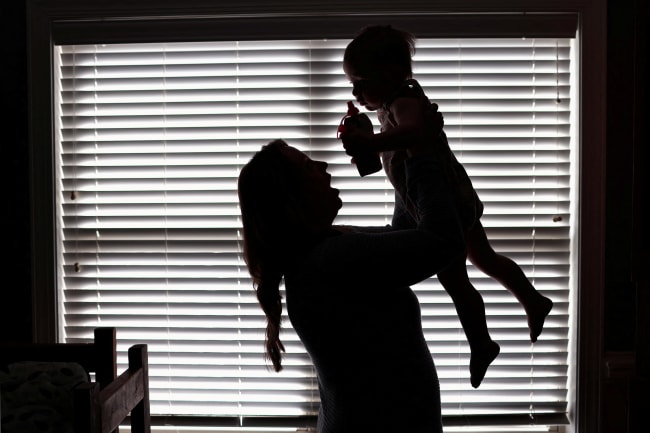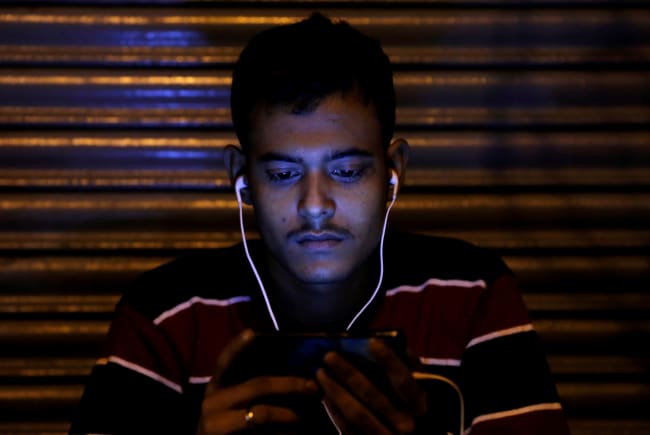At the age of 29, I received my polycystic ovary syndrome (PCOS) diagnosis. As I lay in the dark ultrasound room in Guwahati, India, wiping the gel off my stomach with tissues, the doctor said, "Your ovaries look polycystic, you should lose some weight."
Before I could process the news, they quickly ushered me outside as others began to prepare the room for the next appointment.
What followed was a long journey of consultations with gynecologists and endocrinologists to parse what this diagnosis would mean for me. PCOS is an endocrine disorder affecting women that leads to the formation of many pearl-like cysts in the ovary.
They told me, "follow a healthy lifestyle," but did not offer any suggestions or explanations to guide me. When I asked questions about my condition, my doctors offered me metformin, a treatment for diabetes, and birth control instead. They repeatedly told me to lose weight. When I pointed out to a doctor that I am in fact quite lean, they responded, "Well, yes, but you don't look emaciated, so you could stand to lose some more weight."
This left me reeling and wondering if that was my goal now—to become emaciated. I am a physician myself, and this lack of answers from my fellow health-care professionals irked me.
PCOS is the most common endocrine disorder in Indian women of reproductive age. Prevalence studies suggest that 1 in 5 young Indian women suffer from this condition. Some areas, such as the conflict-ridden Kashmir, have a higher prevalence (from 29% to 35%) that is contributing to widespread infertility issues in the area. In all, these percentages are far higher than the global prevalence for PCOS, which is an average of 8% to 13%.
The book Toxic Disruptions by Gauri Pathak, a medical anthropologist specializing in PCOS, introduces the concept of "toxic locations." This idea is that a toxic location for a disease is not just geographic but also a point in time in which the convergence of various factors—including historical movements, economic shifts, environmental issues, and social changes—put people in that location at a higher risk for the disease.
The author then suggests that Indian women are increasingly finding themselves situated at the "toxic location for PCOS." The rising number of cases in India seems to affirm that argument. The prevalence of PCOS in India should be a cause for concern and requires immediate attention from health-care professionals and policymakers alike.
The prevalence of PCOS in India should be a cause for concern and requires immediate attention from health-care professionals and policymakers alike
Despite the rising number of cases and the inconvenient nature of PCOS symptoms, including weight gain, cystic acne, increased facial hair, and menstrual irregularities, health-care professionals in India are not well equipped to adequately manage the issue. Almost 70% of women with PCOS worldwide remain undiagnosed throughout their lifetime.
In 2021, a study was undertaken by the Postgraduate Institute of Medical Education and Research (PGIMER), Chandigarh to assess treatment pathways that patients with PCOS have followed. It revealed that even after having initiated treatment, almost 45% of the patients knew nothing about PCOS. Only 9.1% learned anything from their doctors, and almost 85.5% had to visit multiple doctors to gather information. Some patients (approximately 37%) also took to the internet as their primary source of information in trying to learn about their condition.
Many women, in a different ethnographic study, revealed that they received conflicting information from different health-care professionals about their condition, which generates a "trust deficit." That is, women have begun to lose trust in their doctors because they are not confident about the quality of the information provided to them.
The first step in a country's battle to defeat or control an illness is to be empowered with accurate information. Unfortunately, the lack of knowledge among doctors and the absence of a consensus sets India back on its course. Yet this lack of knowledge is not due to a lack of research. A simple PUBMED search reveals hundreds of studies done in India concerning PCOS, but only a handful of physicians seem to be aware of the evidence-based knowledge for diagnosis and treatment.
For instance, many health-care professionals in India tell women to diet and exercise to lose weight; however, most seem unaware that it is extremely difficult for women with PCOS to lose weight with traditional methods. When women fail at losing weight and look to them for guidance on how to diet or what exercises to do, they draw a blank.
Several types of diets have been studied for PCOS—such as the low-carb diet, the Mediterranean diet, and intuitive eating among others—but most doctors in India would not be able to recommend one or the other and justify their reasons for recommending it. The diet advice generally given is to only avoid processed foods and takeout. This lacks consideration toward the key aspect of PCOS that makes consuming a healthy diet necessary: insulin resistance.
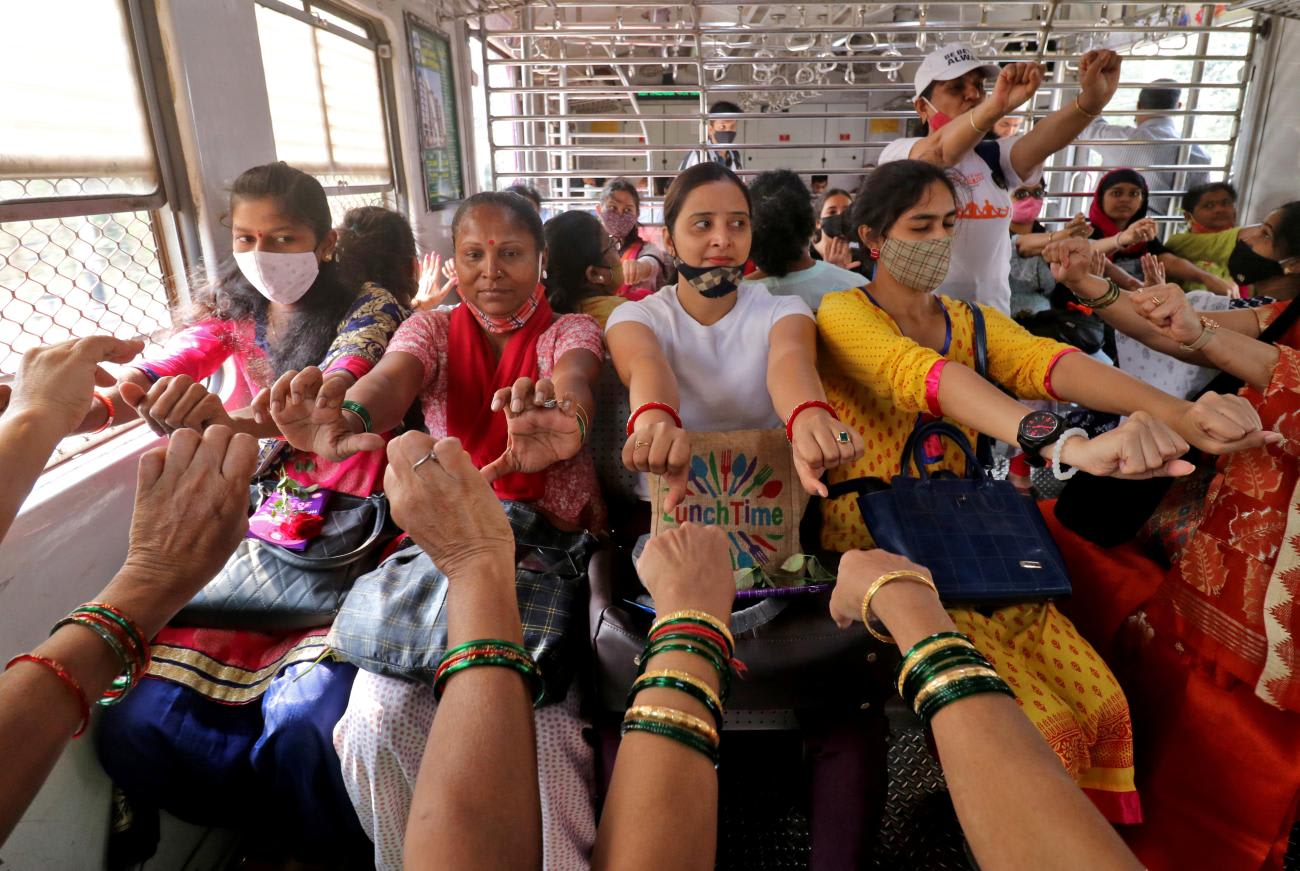
Doctors also tend to recommend generic cardiovascular exercise in the form of walking or cycling more often than strength and resistance training, which is key in building muscle and hence reversing insulin resistance. Other lifestyle factors, such as sleep and stress reduction, are not particularly focused on by Indian health-care professionals, who tend to view PCOS as the disease of the lazy.
Some Indian studies link PCOS to Vitamin D deficiency and gut dysbiosis. These studies have also shown improvement in PCOS symptoms and the hormonal profile of women when supplemented with Vitamin D and probiotics. Yet no mention is made of these measures in any guidelines, nor are they routinely recommended to women. Other complementary therapies such as myoinositol, omega-3 fatty acids, and chromium picolinate are not known or recommended by Indian practitioners despite the robust evidence to suggest benefits, such as correcting menstrual irregularities and helping reduce insulin resistance.
Indian doctors also tend to focus on fertility, and some suggest that women should come for treatment only when they are planning to conceive. This not only dismisses the valid concerns that women may have at any point in time, such as fatigue and poor mental health, but also overlooks the other important health risks that are caused by this condition, such as having a higher risk of heart disease and diabetes.
The fertility focus also takes away from the fact that women with PCOS have a higher risk of endometrial cancer if they do not have a minimum of four periods in a year. It is important to prioritize management of PCOS symptoms at every point of a woman's life, even when fertility is not a concern. A holistic approach to improving quality of life rather than having a fertility focused goal is the need of the hour.
As a physician, I have the access and skills to analyze research, which enabled me to find information related to my condition when other doctors failed to do so.
Yet, because of a lack of education and access to information, countless women in India who live with PCOS suffer because of their symptoms
Some of my information also comes from the PCOS community on Reddit, an online blogging platform, where several women come to share their experiences of living with PCOS. As the PGIMER study shows, the internet is also the primary source of information for at least 37.5% of women. But the internet is full of misinformation; having the appropriate skills to recognize false claims is vital.
Many women without my background in health education might not be able to do that adequately for themselves, which makes them vulnerable to misinformation on treatment that could put them in harm's way. My health literacy and my ability to access the right spaces in my research eventually gave me the confidence to give up on these consultations and take control of my treatment plan for my PCOS.
Yet, because of a lack of education and access to information, countless women in India who live with PCOS suffer because of their symptoms. Studies show that many of them endure poor health-related quality of life and poor mental well-being. A paradigm shift in the way PCOS is thought about and treated is of utmost importance. Bridging the knowledge gaps and forming strong evidence-based guidelines with a focus on lifestyle interventions and complementary therapies along with robust patient information resources is essential to combating India's PCOS crisis.
